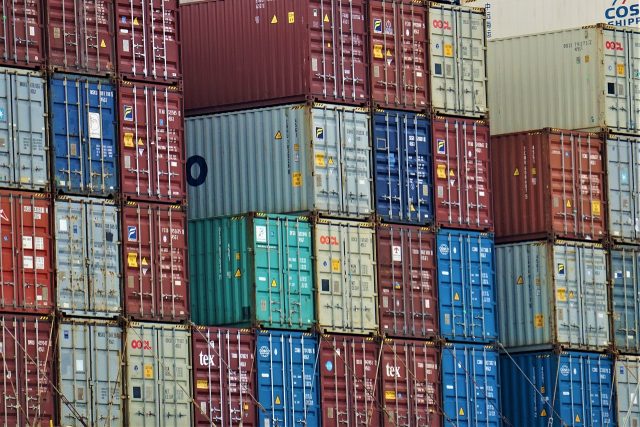
The EU Envisages Greater Use of Artificial Intelligence and a Single Authority at Customs
The new reform proposals of the Customs Union, presented by the European Community, provide for an ever-greater use of artificial intelligence, especially in routine checks, a new European authority, a revision of the rules on electronic commerce and a single portal that includes all companies involved in international exchanges, in addition to the elimination of the exemption from customs duties for packaging containing goods with a nominal value of less than 150 euros.
The proposed new regulation, according to a release from the Community executive, would represent a cutting-edge response to the evolution of customs procedures for businesses, especially for the most reliable commercial operators and will be based on the data recorded so far relating to European customs. All the information collected so far, worldwide, on customs exchanges, will be used to develop a more effective and optimized structure which will gradually replace the traditional declarations which currently accompany trade exchanges between countries.
The European Union has seen an exponential growth in international trade in recent years, especially in the electronics sector with a consequent increase in European standards to be verified which exert pressure on customs, difficult to manage with the methodologies currently in use and in a geopolitical context that has never been so delicate in recent decades. One of the most revolutionary proposals, of the whole package discussed in the European Parliament, provides for the creation of a fully digital European customs centre which will feed the entire customs system of the continent with particular attention paid to the ecological transition already underway and to replace the current IT system already in use by Member States, with estimated savings of around 2 billion of euros each year.
In the New European Customs Centre, each company will be able to register all the information relating to the products and their supply chains to introduce goods into the Union and, thanks to the optimized use of Artificial Intelligence, the system will collect all the data to then provide to the competent authorities a total overview for the cross-check of customs flows by exploiting ad hoc self-learning algorithms.
The system will then have the ability to distinguish, in a meticulous manner, the operators deemed transparent from the companies considered “at risk” on the basis of the data collected and, in this way, it will be possible to set up specific and accurate checks on the goods cleared by customs in the whole European Union. From 2028 the new state-of-the-art digital centre will be operational for all e-commerce shipments and from 2032 the system will take care of the management of all other operators. In 2035, a review commission will evaluate the possibility of extending the new digital control to all commercial operators up to the mandatory requirement from 2038.
The artificial intelligence system designed by the European Commission to control the flow of goods between the countries of the Union will be able to analyse the entire supply chain of the product entering the customs flow with the possibility of foreseeing any problems even before the product itself leaves from the production company on the way to the Europe with a considerable saving of money and time as well as a level of security never reached up to now. The system will also serve to make the collection of taxes and customs duties more practical and functional in help of all national budgets.
Another important reform envisaged by the new customs system designed by the European Commission will concern the elimination of the threshold, currently in force, on the basis of which all goods with a value of less than 150 euros are exempt from paying customs duties, so as to avoid many of the frauds that use precisely this facilitation to introduce goods into Europe without paying the right cost. The whole reform, therefore, will serve to optimize the times and reduce the costs of all processes for commercial exchange with Europe.
Alessandro Fiorentino



 Subscribe
Subscribe